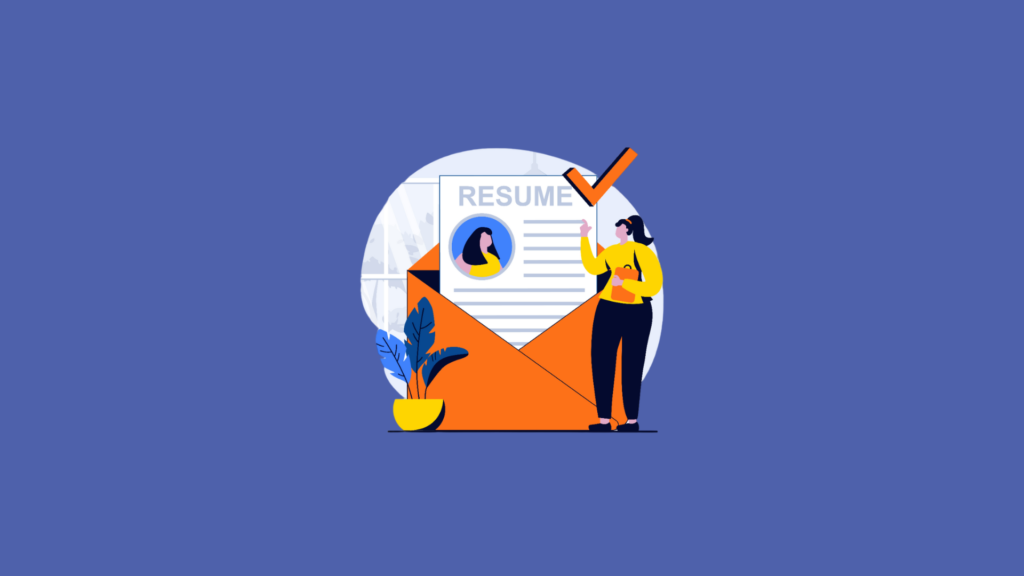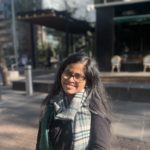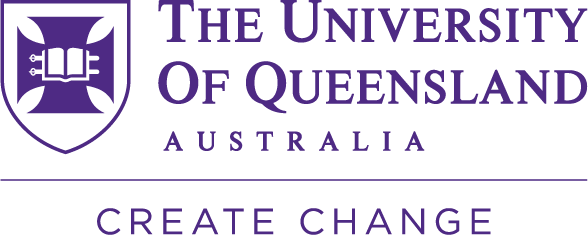A resume is an essential element when looking for a job. However, putting together a professional resume can be challenging. Plus, as a student, you might have limited work experience, making the resume-writing process even more daunting.
So, we spoke to Madelaine-Marie Judd, Service Improvement Manager at The University of Queensland (UQ), to answer a few frequently asked questions on how to put together a resume as a student or recent graduate.
What’s your number-one tip for international students putting together their first resume in Australia?
The number-one tip would be about highlighting the varied experience of students. International students often underestimate and overlook their experiences like volunteering, mentoring, and job experiences in their home countries and make mistakes that can be easily avoided. (You can read more about the biggest resume mistakes here!)
A lot of students have amazing resumes, but all they need is a confidence boost. That’s where career/employment services come into play.
What can international students include in their resumes when they don’t have any work experience? And what should they be doing to boost their resume in the meantime?
If students don’t think that they have the professional experience that is required, I encourage them to investigate opportunities that may be available to them at their universities. A lot of these opportunities might not be jobs, but they are a great way to boost employability capabilities and also further help in developing networks!
In the context of a resume, networks are really important, as you can include them as references. Usually, universities have a job board or a job searching platform that will help you in finding opportunities.
What personal details should an international student include on their resume, and what shouldn’t they?
The key element is some sort of contact detail – either your email or contact number. You can also include your LinkedIn profile if it is popular in your specific discipline. A career objective that specifies your passions and has a couple of sentences about yourself. You can also include your educational qualification even if you are in the process of completing your degree.
Resumes should be sharp and have relevant information, so you really need to maximise the space as much as possible. You can exclude pieces of information like your marital status, profile picture and heavy graphics.
What’s the ideal length for a resume?
Resumes are very subjective. It is essential to ensure that you tailor your resumes according to the Australian market. Limiting the things you put in your resume can ensure that it covers your professional experience to date.
The application requirements may specify the length of the resume. If there are no instructions, a good rule of thumb is to have two pages for your resume. You don’t want your resume to be too convoluted and have too many words as well.
Do students need to include a cover letter with every job application? If so, why?
Different jobs require different types of cover letters. There can be various kinds of cover letters:
- General cover letter with your introduction and motivating factors for applying for that particular job
- A cover letter where you have an introduction along with your answers to the selection criteria
If the employer doesn’t specify the requirements, it does not hurt to reach out to them and inquire about them. Otherwise, if they haven’t specified, there is no harm in just submitting your resume.
Where can international students get support with their resumes? For example, what does an institution such as UQ offer?
UQ is a vast institution and offers a range of services. The career development team at UQ supports students from all disciplines, we regularly run events where students can come with their resumes, and we provide appropriate advice to them. We also develop a whole range of online support they can access throughout their studies.
The UQ Union is also a great place to access support. For international students undertaking higher studies by research studies, our graduate school offers career advice and provides support.
Where can students find the ideal format for a resume?
The hard truth is that there is actually no ideal format for a resume! The format varies with the type of discipline and the type of organisation you’re applying for.
You can build your resume by keeping the job requirements in mind and tailoring your resume accordingly. It is valuable to have someone to peer-review your resume.
In addition to keeping their resume up-to-date, what else can students do that will support them in their job search?
It is important for students to look at resumes as a constant refining process, and a part of that process is to ensure that students curate their resumes to the specific role they are applying for.
Looking into the job advertisement or the position description and highlighting the employment capabilities will assist in curating an authentic resume that incorporates the needs of the employer.






